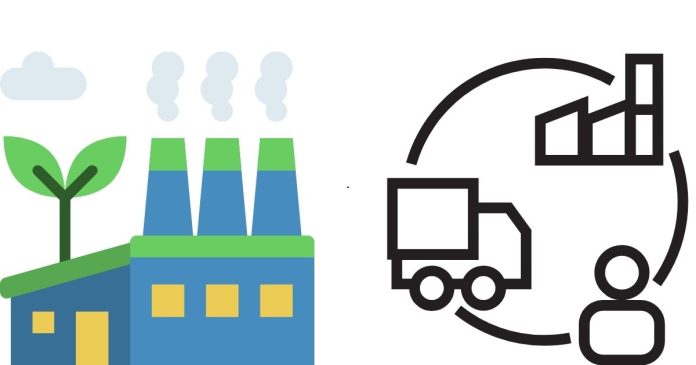Although the terms “factory” and “industry” are often used interchangeably, they refer to different concepts in the world of manufacturing and business.
A factory is a physical location or facility where goods are produced or manufactured. It is an establishment that houses machines, workers, and equipment necessary to produce products. Factories are typically focused on mass production, where raw materials are transformed into finished goods through a series of processes, such as assembly, machining, or packaging. Factories can specialize in producing a wide range of products, from electronics to clothing to food items.
On the other hand, industry refers to a broader sector or category of economic activity that encompasses the production of goods or services. It includes all businesses, factories, and organizations involved in the manufacturing, processing, or production of products within a particular sector. For example, the automotive industry includes not only the factories that produce cars but also the suppliers, distributors, and other related businesses that contribute to the production, sale, and maintenance of automobiles. Similarly, the textile industry includes the factories that produce fabrics, along with the businesses that design, sell, and distribute clothing.
In essence, a factory is a single unit or establishment within an industry, while an industry is a collective term for all businesses and activities involved in the production and trade of goods or services. The industry is much larger in scope, encompassing a wide range of players and processes, while a factory is just one part of this larger framework.
In conclusion, while both are integral to the process of production, factories are the physical sites where manufacturing happens, whereas industries are broad sectors made up of various interconnected businesses and activities.



